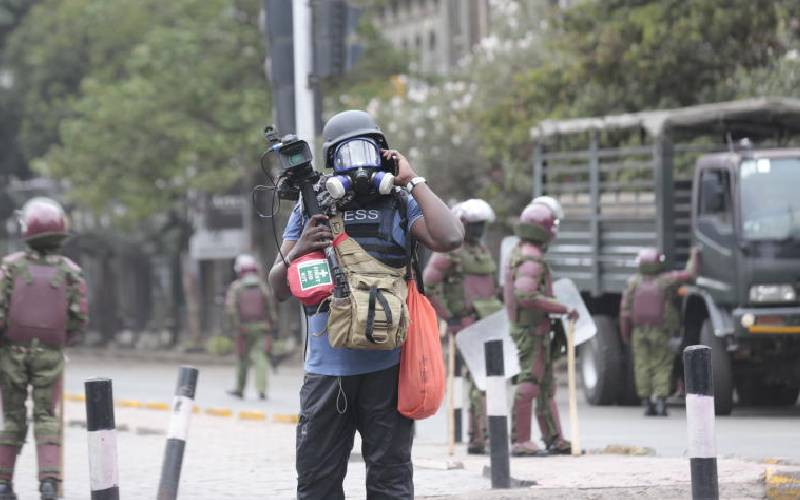×
The Standard e-Paper
Stay Informed, Even Offline

Long before the Finance Bill protests, a media summit in Nairobi rallied local journalists and media houses to create positive narratives about Africa.
Attendees of the All Africa Media Leaders' Summit also spoke on why objective journalism is essential, particularly when reporting on a continent that's a victim of media bullying.